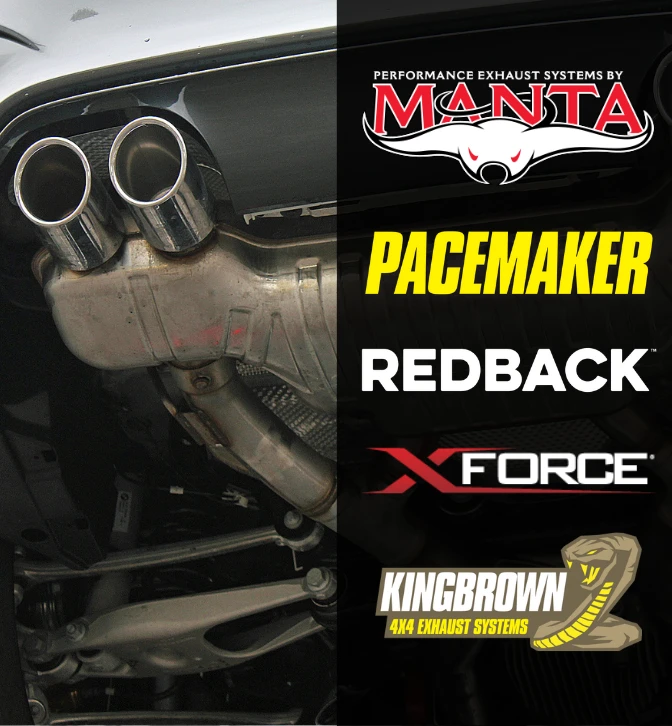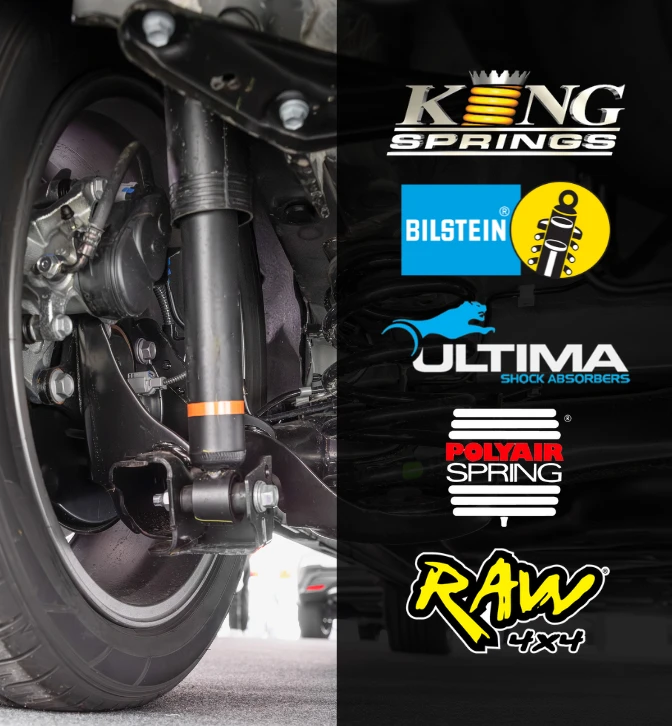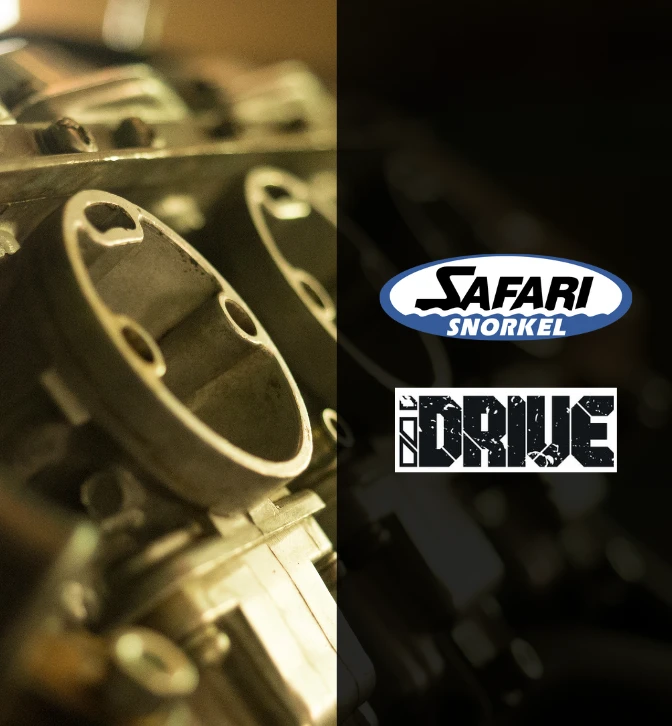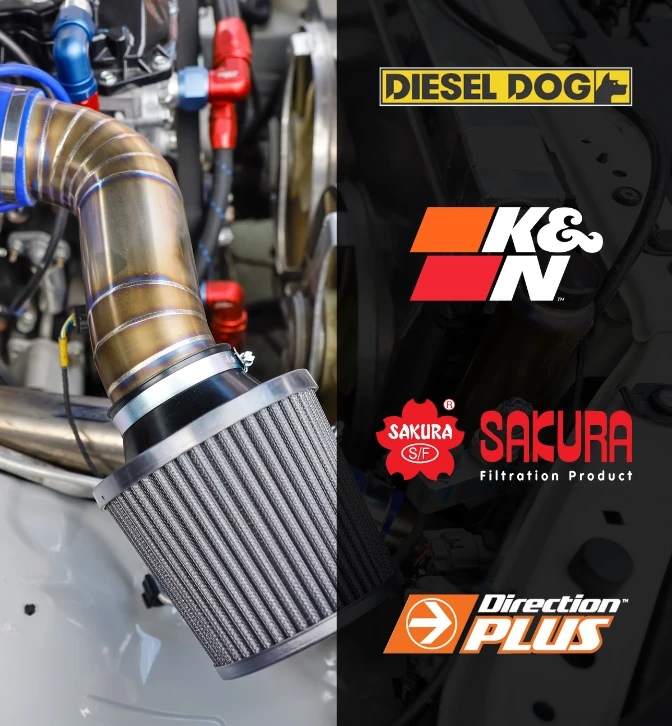-
Exhaust
- Back
- Exhaust
- Performance Exhaust Systems
- Standard Replacement Exhaust Systems
-
Exhaust Accessories
- Exhaust Bolts, Nuts & Studs
- Clamps
- Collectors
- Exhaust Reducers & Couplers
- Exhaust Tips
- Flange Plates
- Exhaust Flex Bellows
- Exhaust Brackets & Hanger Rods
- Gaskets
- Heat Tape
- Mandrel Bends
- O2 Sensors & Exhaust Temperature Sensor Accessories
- Paint
- Muffler & Exhaust Mounting Brackets
- Tube
- X & Y Pipes
- All Exhaust Accessories Products
- Catalytic Converters
- DPF Filters
- Exhaust Extractors / Headers
- Universal Mufflers & Hotdog Mufflers
- All Exhaust Products
![Exhaust]()
- Suspension
- Towing
- Performance
- Filters
-
Truck
- Back
- Truck
- Clamps
- Exhaust Tube
- Mandrel Bends
- Raincaps
- Reducers
- Couplers
- Universal Mufflers
- Direct Fit Mufflers
- Flex Bellows
- Heat Protection
- Chrome Stacks
- All Truck Products
![Truck]()
- On Sale
- About Us
- Blog
- Contact Us
Car Filters and Why It's Important to Change Them
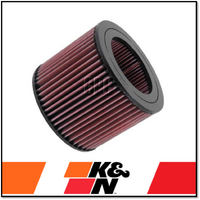
The replacement of car filters should be an essential part of any vehicle's preventative maintenance schedule. They play an important part in ensuring that the engine continues to operate normally and in ensuring the well-being and safety of those who are travelling in the vehicle. It is essential to have a solid understanding of the functions served by each of the several types of filters found in a vehicle as well as the significance of routinely replacing the filters.
Get to Know the Filters in Your Car
Air Filter
An air filter is an essential component of a car's engine system. It prevents airborne contaminants such as dirt, dust, and leaves from entering the engine and causing damage and reducing performance. A blocked air filter can impede engine airflow, causing it to utilise more gas and less air, resulting in poor fuel efficiency and diminished power. It's recommended to replace the air filter every 12,000 to 15,000 miles or as often as every 6,000 miles if you frequently drive on unpaved or sandy routes
Secondary Fuel Filte
A secondary fuel filter plays a crucial role within the fuel delivery system, serving as a safeguard against contaminants that can potentially harm vital engine components. Much like its primary counterpart, the secondary fuel filter effectively captures dirt and debris from the fuel before it reaches the engine, thereby preventing potential damage to essential elements such as fuel injectors. Neglecting proper maintenance of this filter can lead to compromised engine performance, reduced fuel efficiency, and even the risk of engine failure. To ensure optimal functioning, it's recommended to replace the secondary fuel filter at regular intervals, often aligned with the manufacturer's guidelines, typically every 20,000 to 30,000 miles. This post offers valuable insights into the significance of secondary fuel filters and their role in maintaining your vehicle's performance and longevity. This post will teach you more about secondary fuel filters
Catch Can Kits
Catch can kits are an important part of your vehicle's engine system since they intercept and capture oil vapours and residue that can accumulate within the engine's intake system. These kits, which function similarly to engine breath filters, keep these dangerous compounds from recirculating back into the combustion process, where they can cause carbon buildup, lower efficiency, and potential long-term engine damage. By adding catch can kits, it may help to keep your engine clean and improve its overall efficiency. This essay sheds light on the value of catch can kits in maintaining engine health and efficiency, providing a full overview of how they function and why they are a beneficial investment for every car owner.
Why is it Important to Change Car Filters?
Changing your car's filters on a regular basis is critical to the health and function of your vehicle. A dirty or clogged filter can cause a range of problems, from poor fuel efficiency and decreased power to engine damage and impaired passenger safety. A blocked air filter can:
- Reduce engine performance, leading to increased fuel consumption, reduced power, and increased emissions. It can also cause the engine to run hotter, increasing the risk of overheating and engine damage.
- Lessen air circulation, leading to poor air quality inside the car, particularly for those with allergies or respiratory issues. It can also cause the air conditioning system to work harder, reducing fuel efficiency and increasing wear and tear on the system.
- Minimise the effectiveness of the engine oil in lubricating critical engine components, leading to engine damage and reduced performance.
- Cause poor engine performance, reduced fuel efficiency, and even engine failure. It can also cause damage to critical engine components like fuel injectors.
Aside from preventing these problems, changing your car filters on a regular basis can also extend the life of your vehicle and save you money in the long run by keeping your engine and other components in excellent condition.
Leave a comment


